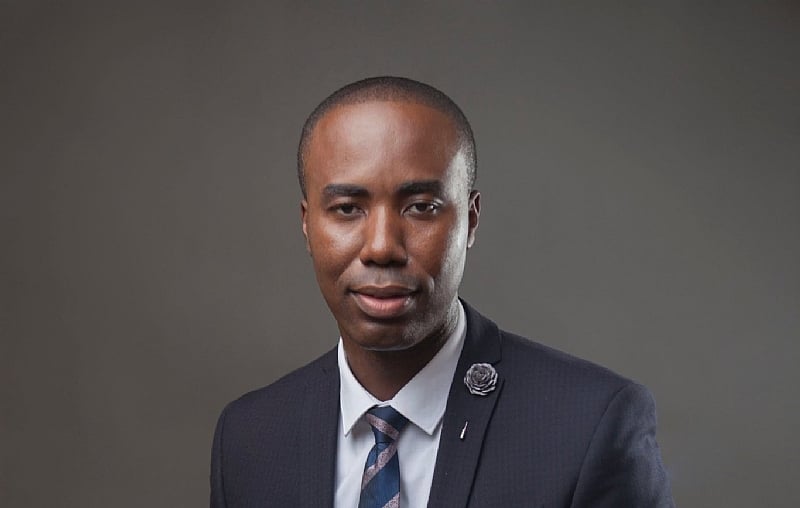Introduction: A Turning Point for Governance
The prosecution of Kwabena Adu-Boahene, former Director-General of the National Signals Bureau, is more than a legal battle—it’s a moment of reckoning for governance and accountability in Africa. Allegations that GH¢49 million ($7 million) was funneled into a personal account under the guise of national security operations expose a glaring loophole: when security agencies operate without financial oversight, corruption flourishes unchecked.
His defense argues that prosecuting him could compromise sensitive national security information, but such claims have been used globally to shield misconduct from scrutiny. This case is not just about Adu-Boahene—it’s about dismantling the culture of secrecy that allows financial impunity under the banner of national defense. If Africa is to build institutions worthy of public trust, it must reject the narrative that accountability undermines security. Instead, it must demand governance frameworks that safeguard both.
Financial Misconduct Under the Shield of Secrecy
At the heart of this scandal is a dangerous precedent: the assumption that classified security expenditures should bypass scrutiny. Adu-Boahene’s legal team contends that disclosing financial details could breach the Security and Intelligence Agencies Act, 2020 (Act 1030) and the National Signals Bureau Act, 2020 (Act 1040). But laws must serve the people—not shield elites from accountability.
Security funds exist to protect a nation, not enrich individuals. Yet, across Africa, opaque transactions within intelligence and defense structures have enabled deep-rooted financial misconduct. If this case is brushed aside under the guise of “national security concerns,” it will reinforce an environment where political elites weaponize secrecy to siphon public wealth without consequence.
National Security vs. Accountability: A False Dilemma
Governments routinely invoke national security as a justification for classified expenditures. But history proves that unchecked security budgets invite corruption rather than safeguard national interests. The question is: should sensitive financial transactions remain beyond oversight, or does secrecy undermine governance?
The answer is clear. Transparency does not weaken security; it strengthens it. Without financial accountability, even well-intended operations become breeding grounds for fraud. Nations must establish independent mechanisms to audit classified expenditures while preserving legitimate security concerns.
Lessons from Global Governance Failures
Africa is not alone in grappling with this dilemma. Across the world, governance failures within security structures have led to financial scandals that compromised national integrity:
Iran-Contra Scandal (USA) – A covert operation funneling funds to Nicaraguan rebels bypassed Congress, exposing the risks of intelligence agencies operating outside financial oversight. Gupta Scandal (South Africa) – Private interests infiltrated the highest levels of government, manipulating security frameworks to facilitate grand corruption. Nigeria’s Military Procurement Fraud – Investigations into billions in misappropriated defense funds revealed how weak financial controls cripple national security rather than strengthen it.
Each case underscores one truth: security institutions cannot operate outside accountability mechanisms. Africa must refuse to replicate these failures.
The Urgency for Reform
This case provides an opportunity—not just to prosecute one official, but to redefine governance systems. Governments must:
Establish independent oversight bodies empowered to audit classified expenditures. Strengthen whistleblower protections to expose financial misconduct within security agencies. Mandate legislative review of security budgets to ensure financial integrity.
These reforms are not optional; they are essential. Without them, national security will remain a tool for financial exploitation rather than public protection.
Call to Action: Africa Must Reject Financial Impunity
Prosecuting Adu-Boahene is not enough. If Africa tolerates unchecked security expenditures, it invites future scandals that will erode governance and public trust. Civil society, legal experts, and reform advocates must demand systemic changes that ensure security agencies serve the nation—not personal interests.
The time for silence is over. African nations must choose accountability over secrecy, governance over impunity, and justice over political convenience.
Retired Senior Citizen
Teshie-Nungua Estate
[email protected]


